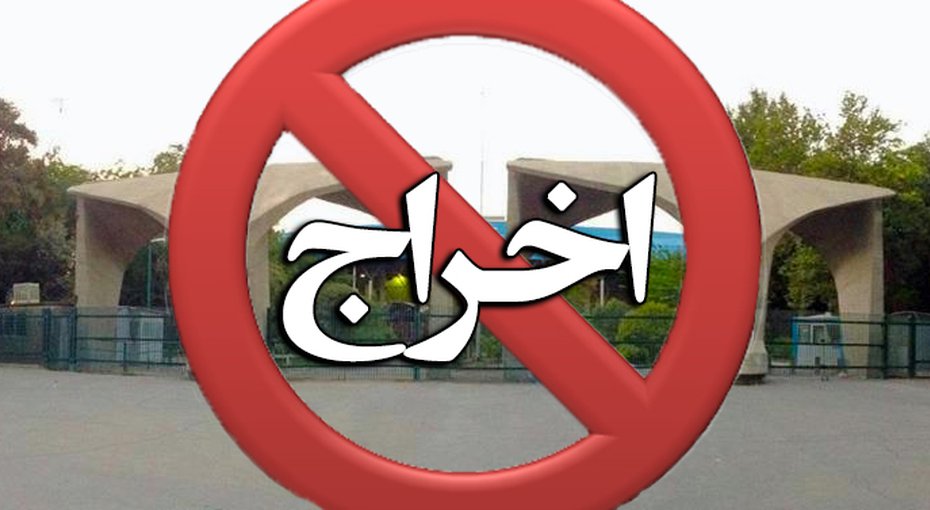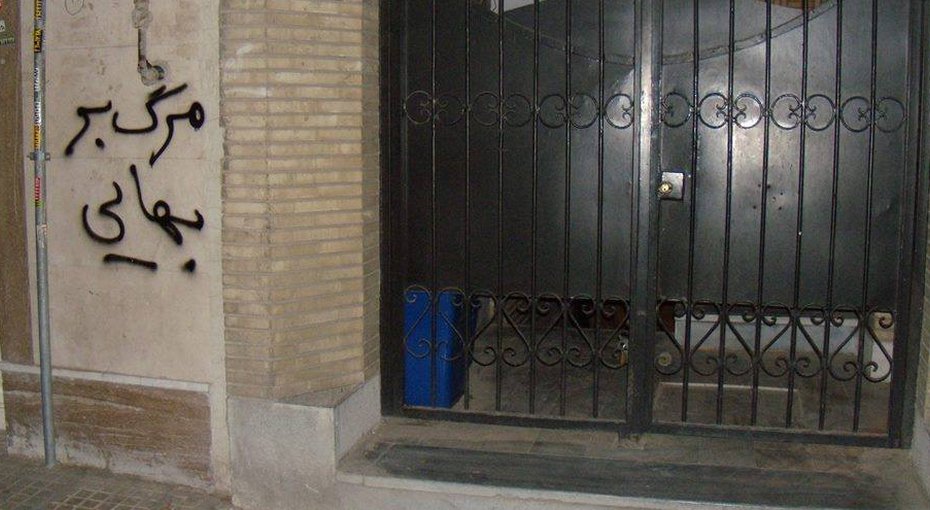Source: www.iranwire.com

President Hassan Rouhani and his government have failed to ease pressure on Iran’s Baha’i community. In fact, in some cases, the persecution against Iran’s largest religious minority has intensified. Since Rouhani and his administration have been in power, 28 Baha’i students have been expelled from universities and thousands more have been denied the opportunity for a higher education.
Rouhani has upheld the long-established government campaign to ban Baha’is from pursuing further education — even though this is never presented in public as official policy. “On every front the Iranian government is facing pressure to end the decades-long, systematic persecution of Baha’is,” said a report published by the Baha’i International Community on October 25, 2016. But Iran’s efforts to crush the religious minority have continued unabated— despite President Hassan Rouhani’s promises to end religious discrimination.
The report also outlined how tactics had changed in recent years. “The government has shifted its strategy of oppression, moving away from arrests and imprisonments to more easily obscured measures such as economic and educational exclusion.” It goes on to emphasize that “Baha’is are blocked from obtaining higher education through a series of bureaucratic ruses and mandated expulsions if they identify themselves as Baha’is.”

The Early Days of BIHE, and Expulsions en Masse
Mona is a university professor who teaches at the Baha’i Institute for Higher Education (BIHE), an underground university set up in 1987 in response to Baha’is’ exclusion from higher education in Iran. “Since our resources were limited, we couldn’t accept everybody,” she says, “so we decided to have entrance exams. We could only offer courses for which we had qualified teachers. Our first technical course was civil engineering and the first applied courses were pharmacology, dentistry and chemistry. But since in Iran BIHE diplomas are not recognized, graduates of dentistry could not practice dentistry. Students started studying via correspondence. Later on, we were able to offer other courses even though our resources were still limited. We sent the textbooks and the accompanying booklets to students and they were required to do their homework in the allocated time and return it.”
Since its inception, the Islamic Republic has blocked Baha’is off from higher education. BIHE has provided a partial solution, but it has also been the subject of targeted attacks from the regime’s security forces.
Shortly after the Islamic Revolution came launch of the so-called “cultural revolution” in 1980. Universities remained closed for three years and Baha’i teachers were expelled en masse. In the summer of 1984, authorities re-opened universities and students were told to re-register. Lists of students barred from returning to university were posted on billboards, including the names of Baha’i students.
Later in that decade, some students who had been expelled due to their political affiliations or activities were allowed back — but no Baha’i student was granted this privilege unless they agreed to renounce their faith as a precondition. None of them were prepared to do this.
So a small group of Baha’i teachers and professors decided to establish BIHE. They had limited resources and a shortage of teachers, but their problems extended way beyond this. Both teachers and students were constantly threatened, arrested and jailed. In 1998, 11 of BIHE’s teachers and other employees were arrested. Security forces also raided more than 500 homes that had functioned as classrooms and seized documents and equipment.
In 2011, security forces launched a targeted campaigns against Baha’is. They raided their homes and arrested 16 people in Tehran, Karaj, Isfahan and Shiraz. Among them were a number of BIHE teachers and employees, who were given prison sentences of from three to five years.
But those dedicated to the pursuits of BIHE persevered. Today, it remains active, a lifeline for Bahai’s in Iran. The Islamic Republic still refuses to recognize BIHE diplomas and degrees, but many educational institutions and employers around the world accept qualifications issued by BIHE.
Good For Conscription, but not For Education
Pedram is a graduate of BIHE. “They do not recognize our diplomas,” he tells IranWire, “so when we get a job we are discriminated against. For example, our salary base is lower. As a conscript, they would only recognize my high school diploma. It is actually easier to get an exemption from military service if you only have a high school diploma. The interesting thing is that that they accept us for military service, but not for education. My father always told me, ‘they did not allow you into university so I am not going to allow you to serve in the military.’”
Before 2004, students applying for university entrance exams were required to state their religion on application forms. This requirement was removed in 2004. Suddenly there was hope that Baha’is could study again. But soon it emerged that this change was only limited to entrance exams, so those Bahai’s who did pursue further education were expelled after the authorities discovered their faith. Pedram was one of those who took part in entrance exams that year.
He talks about his excitement, which later turned into despair. “That year everything was disrupted,” he says. “From early in the morning we took classes to prepare for the tests; we were consumed with university fever. My brother, who is three years older, and my other classmates and I all registered for the exams. But when those of us who had traveled from other towns went to the Testing Organization to get our records, we were told that our dossiers were ‘incomplete’.” As the recent Baha’i International Community report emphasizes, “Baha’is are blocked from obtaining higher education through a series of bureaucratic ruses and mandated expulsions if they identify themselves as Baha’is.”
In 2012, Reynaldo Galindo Pohl, special rapporteur of the UN Commission of Human Rights on Iran, visited the country. During his time there, a secret document came to light that provided some answers to the treatment of Baha’i students. It was a directive passed by the Supreme Council of Cultural Revolution in 1990 that said Baha’is could register at pre-university schools “provided they do not announce that they are Baha’is…Preferably they should be registered at schools with an ideologically strong staff…In universities, both during registration and afterwards, they must be expelled if it is proven that they are Baha’is.” The document was later published by Persian-language media outside Iran in 2015.
A Religious Duty
Baha’is regard the pursuit of education as a religious duty. But even in schools, long before they try to apply for further education, Baha’i students are subject to discrimination and expulsion. As school’s principal can decide to expel a Baha’i student purely on grounds of his faith. Baha’i students are forced to take and pass courses on Islamic religious teachings.
“At school we had religious teachings classes for other religious minorities,” says Pedram, “but not for us. I had to take Islamic classes. Our Koran teachers knew that I was a Baha’i and lowered my grades. Even the intervention of other teachers would not make him budge. I remember in middle school I always had problems with religious education teachers. They all tried to set me on ‘the right path’.”
Since the establishment of the Islamic Revolution nearly four decades ago, Iranian governments have changed several times. But the ban on higher education for Baha’is remains a constant, and shows no sign of coming to an end.
Find about Not a Crime, an international campaign championing Baha’is’ right to education.
Read the Baha’i International Community’s full report here.
December 18, 2016 8:10 am
Long live the mighty faith of Baha’u’llah!